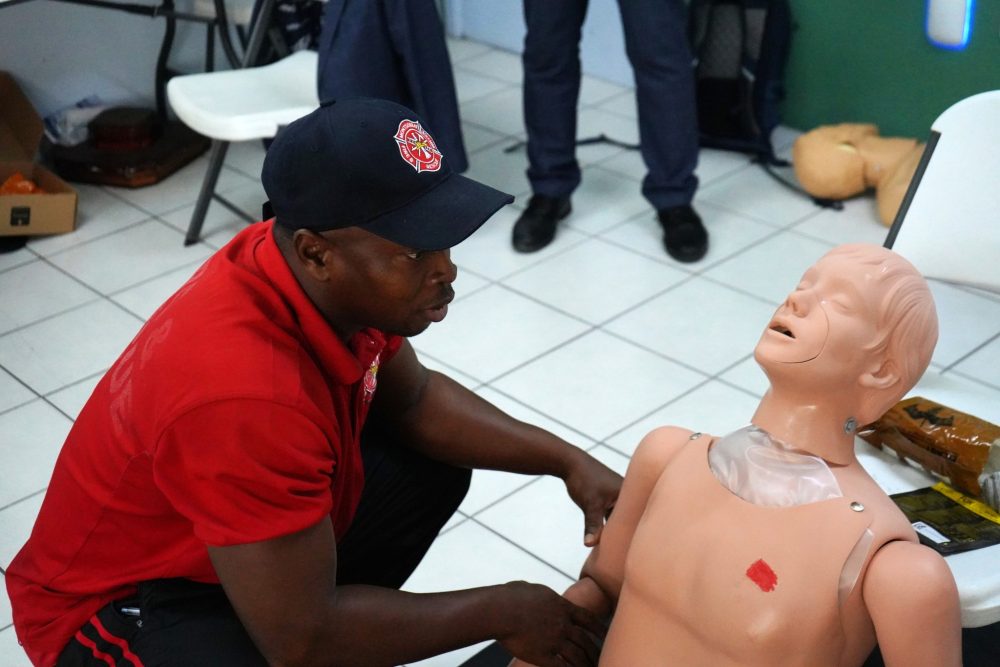The Ministry of Health and Social Services has confirmed the presence of four respiratory viruses circulating on the island and causing widespread flu symptoms among the population.
They include the flu viruses; Human Parainfluenza Virus subtype 3 (HPIV-3) and Influenza A virus subtype H3N2; as well as the Rhinovirus which causes the common cold and the Sars-CoV-2 virus which causes COVID-19.
Symptoms of the viruses are all similar and commonly include runny nose, sore throat, coughing or sneezing, body aches and pain and fever. Some people have also reported gastrointestinal symptoms such as vomiting and diarrhea.
Health officials note that there is no cause for alarm as symptoms of the viruses are self-limiting, lasting 5 to 7 days. However, some groups of people are at greater risk of severe respiratory infections from these viruses, including pneumonia and bronchitis.
The most at risk are pregnant women, children under the age of five, the elderly and individuals with compromised immune symptoms.
Residents are advised that where needed mild symptoms can be treated with over-the-counter fever and pain relievers and cough and cold remedies. However, medical attention should be sought for any symptoms that are severe or concerning such as wheezing, laboured breathing or chest pain and a fever that lasts more than three days.
Officials further revealed that flu and cold season is expected to peak between December 2022 to February 2023. During this period residents should pay heightened attention to maintaining their health and wellness through good nutrition and exercise.
Residents should also avoid close contact with people showing signs of a cold or flu, cover their mouth and nose when coughing or sneezing and avoid touching the eyes, nose, and mouth with unwashed hands to limit the spread of respiratory viruses.
Discover more from Discover Montserrat
Subscribe to get the latest posts sent to your email.



